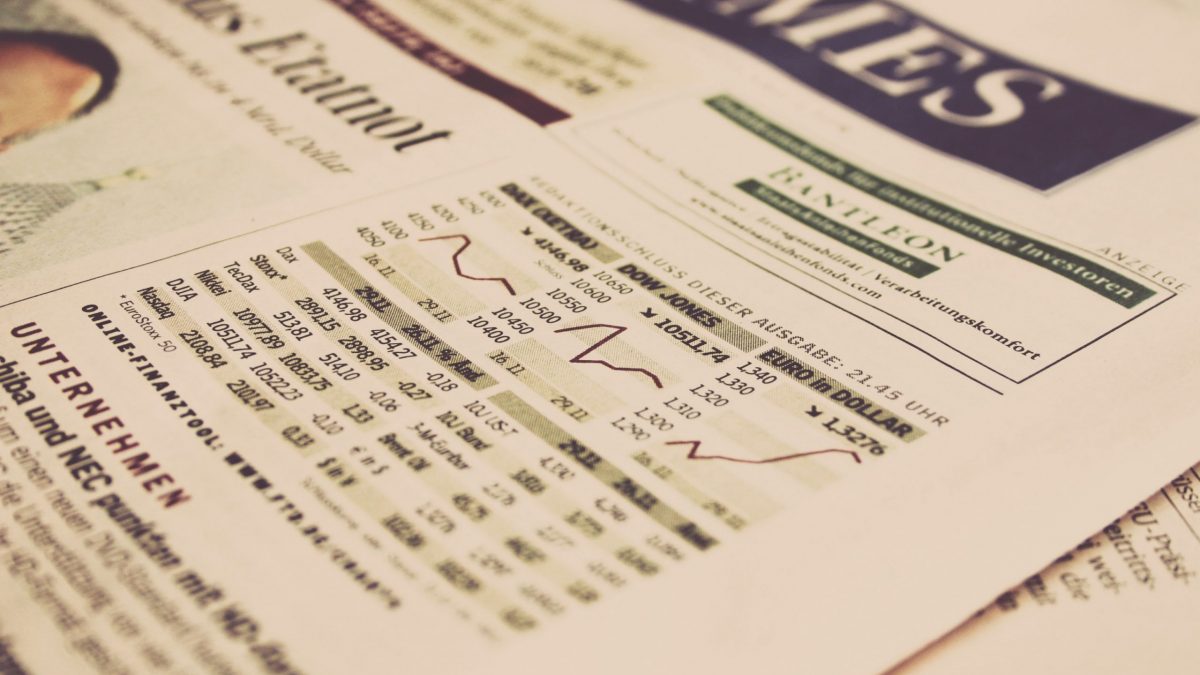
Commercial Awareness Update – w/c 30th September
October 2, 2019
Who pays for climate change?
October 3, 2019Article by Oluwabunmi Adaramola
After three long years of Brexit looming over the UK, it appears a deadline for the UK to leave the EU has been set permanently. Deal or no deal? Come October 31, Boris Johnson is very determined to escort the UK out of the EU regardless of the scenario by this deadline. Amidst all concerns regarding the failing negotiations with the EU as well as the domino effect and consensus fee of Brexit on the UK, the most concerning is the effect of this possible no-deal Brexit on the UK economy. This article addresses particularly, the concerning question: What does no-deal Brexit mean for the UK economy and the specific sectors and industries that significantly contribute to its growth?.
Following news of a potential no-deal scenario for the UK’s Brexit plans, the UK economy experienced its first and worst setback since 2012 in its second quarter. The second-quarter contraction of 0.2% in GDP showed that the UK economy was not responding positively to the possible no-deal Brexit, with evident threats and warning of depression or even recession. From June 2019, GDP became stagnant, with this development reportedly offering a ‘poor launch pad’ for growth in the second quarter. Notably, a sharp fall in the UK manufacturing, construction and most importantly, the services sector revealed more signs that a no-deal Brexit could, in the long run, be highly detrimental to the continued growth of the UK economy. In the words of the shadow chancellor, John McDonnell, these figures and developments have become ‘a direct result of Tory incompetence’, and served as a warning that ‘Brexit bungling was breaking the economy’.
A No-deal Brexit means that in such a situation, the UK would leave the EU with no agreement or arrangement between both parties – essentially like a hard and messy divorce. This means that the UK leaves the single market and customs union and the benefits they previously enjoyed under this system, as well as other EU institutions such as the European Court of Justice (ECJ) and Europol. It also means that under a no-deal, the UK would no longer contribute to the EU £9 billion budget. Notably, a no-deal Brexit could also mean that the UK Services industry could lose its access to the EU single market which could, in turn, affect businesses within this industry that have set up or businesses in various EU member states.
What then are the forecast effects of a no-deal Brexit on the UK economy? Analysts and other economists have presented arguments towards the unending concern that a no-deal situation will reportedly cut off almost 3% from the UK economic growth rate over the next three years, assuming a 1% cut every year within those three years. This is due to the growing fears presented by businesses and investors as well as other consumers in sectors, significantly contributing to economic growth. As such, the weaker performance in the 2nd half of 2019 can be attributed to declining consumer confidence in the economy and business fears on the risks of a no-deal Brexit, thus inciting recession threats. The service sector has been described as the ‘mainstay of the UK economy’, contributing around 80% of GDP (as of 2016). However, upon news of a potential no-deal Brexit situation, the service sector experienced the most prominent hit and a significant setback with its growth rate and overall contribution to the growth of the UK economy, significantly slowing during the end of the second quarter. Supporting this evidence, the OECD in an analysis undertaken estimates that ‘losing unfettered access to the EU markets after 31 October will probably plunge the UK into recession’.
The Office for Budget Responsibility further estimates that the effect of a no-deal scenario would potentially increase public borrowing by £30 billion a year, thus putting the economy into further depression. This could possibly occur after adding the divorce settlement the UK needs to make to the EU, as well as costs incurred during the transition period after exiting the EU.
Furthermore, border delays, increased prices and imposed tariffs on goods coming into the UK from the EU could also cause a significant depression, which could also contribute to public borrowing.
Amidst this situation, London, the UK’s major financial centre and described by the IMF as ‘a global public good’, has made continuous effort to ensure its grip on this position. This comes as a response to the news of the possible no-deal scenario, in a bid to ensure that Brexit does not restrict access to financial markets and question London’s dominance as the major centre for foreign exchange and derivatives market. Progressively, arguments have forecast that the UK is still expected to grow if more significant steps are taken to retain its dominance after the no-deal exit.





